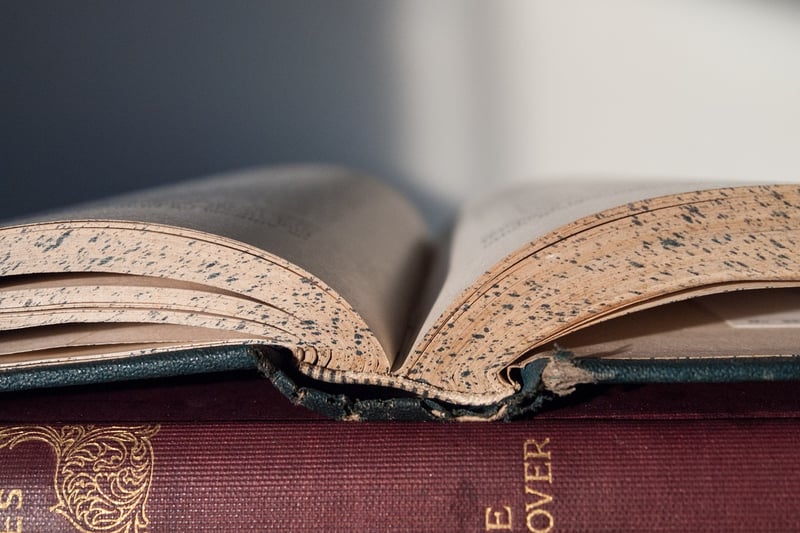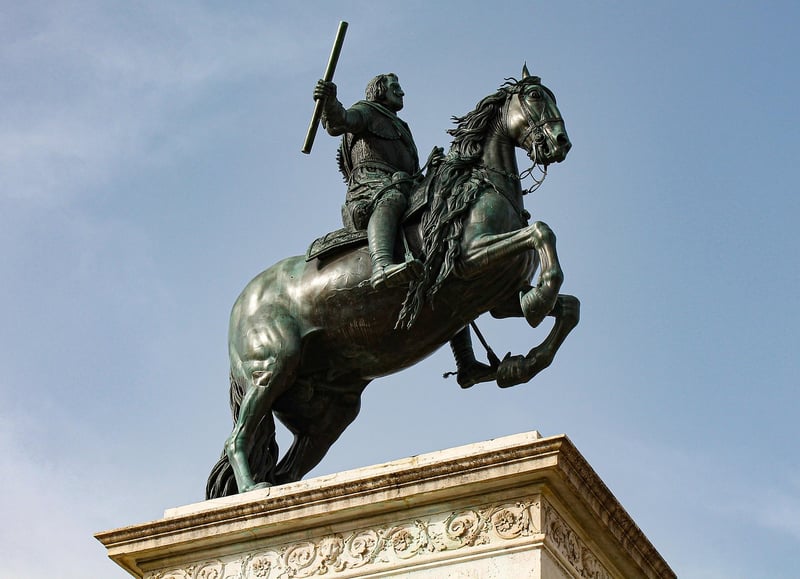Historical Integrity
The Importance of Moral Considerations in Maintaining Historical Integrity
Preserving historical integrity is crucial for understanding our past, learning from it, and shaping a better future. However, this preservation must be done with careful moral considerations to ensure the accuracy and fairness of historical narratives. When we uphold moral values in historical preservation, we honor the truth and the individuals who have contributed to our history.
Why Moral Considerations Matter
Historical integrity involves presenting events and figures accurately, without distortion or bias. By considering moral implications, we ensure that the stories we tell reflect the diverse experiences of people and communities. This includes acknowledging past injustices, celebrating achievements, and giving voice to marginalized groups.
The Role of Ethics in Historical Preservation
Ethical considerations guide how we collect, interpret, and present historical information. It is essential to be transparent about sources, avoid manipulation of facts, and respect the dignity of those represented in historical records. Upholding ethical standards fosters trust and credibility in historical research and storytelling.
Challenges in Balancing Historical Accuracy and Moral Values
While historical accuracy is paramount, it can sometimes clash with moral values. For example, some historical figures may have made significant contributions but also held controversial beliefs or engaged in harmful actions. In such cases, a nuanced approach is required to present a balanced view that acknowledges both achievements and shortcomings.
Strategies for Addressing Moral Dilemmas in Historical Preservation
- Engage diverse perspectives: Seek input from historians, scholars, and community members to ensure a comprehensive understanding of historical events.
- Provide context: Present historical information within its social, cultural, and political context to offer a more nuanced interpretation.
- Encourage dialogue: Create spaces for open discussions about the ethical challenges in preserving history and explore ways to navigate them thoughtfully.
- Emphasize education: Use historical preservation as an opportunity to educate the public about the complexities of the past and encourage critical thinking.
Conclusion
By integrating moral considerations into historical preservation, we uphold the integrity of our shared past while promoting empathy, understanding, and inclusivity. Balancing historical accuracy with ethical values allows us to honor the complexities of history and engage in meaningful reflections on the lessons it offers for the present and the future.

Image source: Pixabay
